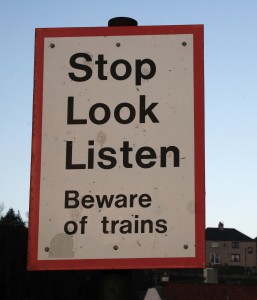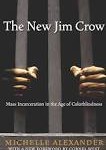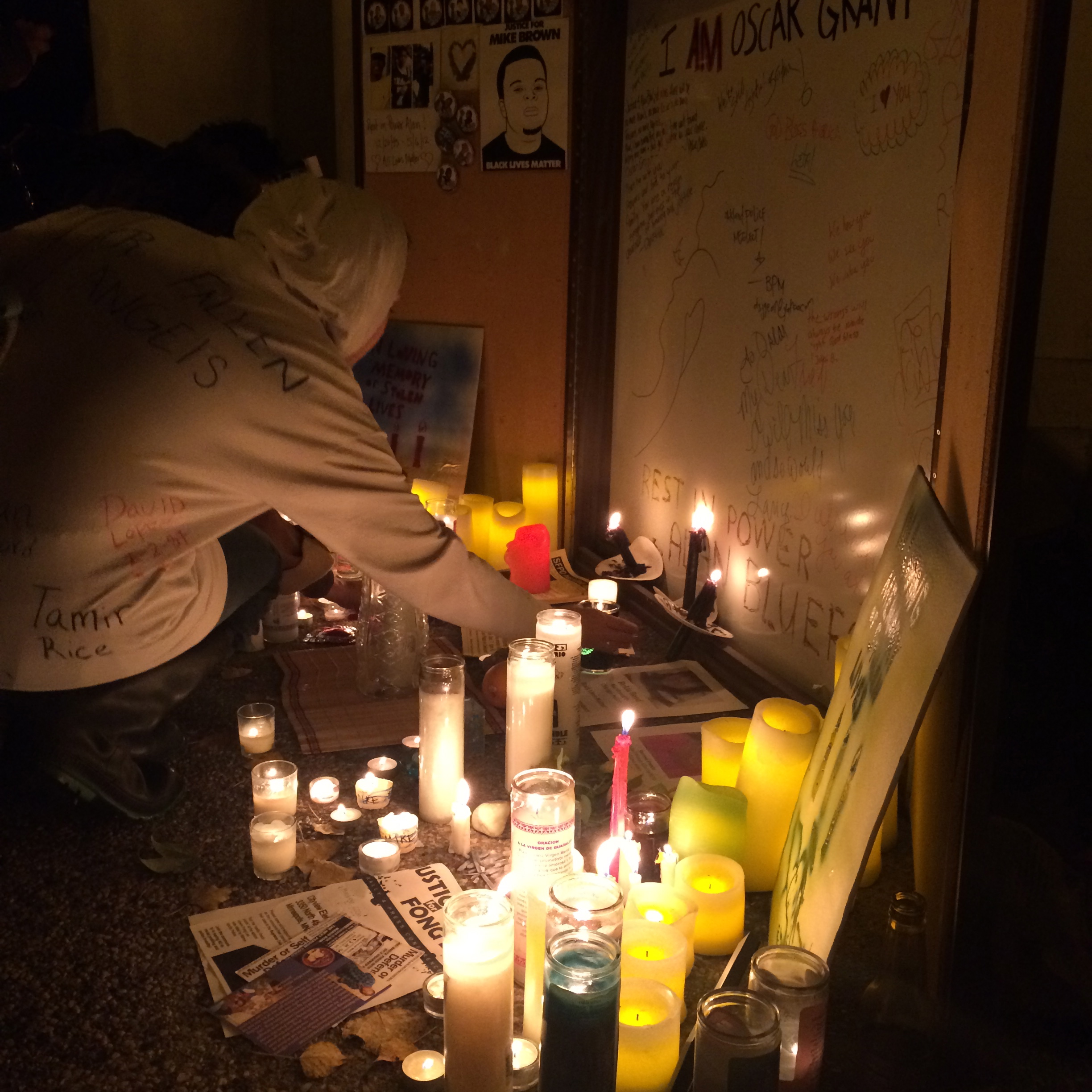Challengers in our communities make us feel uncomfortable, annoyed, exposed, defensive, and sometimes even angry.
That’s a byproduct of their job. Their job is to point things out, to question, to bring a view that is just outside our own.
I’m not talking about antagonists who seek to aggrandize themselves by tearing others down. I’m also not talking about those who complain a lot without taking responsibility for helping to making changes. I’m talking here about those who question the systems we’ve sometimes carefully, or sometimes haphazardly, established.
These challengers are often living on the edges, sometimes because we put them there, or sometimes because it offers a better perspective. Challengers are often younger or much older than most people in the group. They are the 20 year old who dares to ask the hard questions that the 50 year olds have stopped thinking about. They are the 80 year old who doesn’t care about status anymore, and steps up to do what she feels is right.
We are not meant to remain forever comfortable in our communities. A community with no challengers is a community that has ceased to change and adapt. When we cease changing and adapting, we wither.
The job of challengers is to ask why we are so keen to shore up established ways of thinking and doing things. They want us to explain ourselves so they can learn. So we can share ideas. So we all can come to a deeper understanding. They are interested in deeper truths, and in healthy growth. They are profoundly uninterested in maintaining the status quo.
That last is what causes us the greatest discomfort. Those of us strongly committed to projects we champion or causes we support? We’d too often rather not think about the effects of these other systems we are upholding. We would all too often not look at the ways in which our communities reify the very systems they may have been set up to counter.
Building communities with limited resources and in the midst of crushing interlocking systems is very hard. Racism, misogyny, homophobia, transphobia, classism, lack of access to mental or physical health care, or fair housing…there are myriad issues that affect community members and our communities cannot fix them all for each individual. Trying to do this can sometimes cause communities to wall themselves off, or tear themselves apart. We do need to look at what we can offer with our resources, that is in line with our stated mission.
The question of what can we do? That is what the challengers help us to look at.
Challengers ask us to either uphold, refine, or expand our mandates.
Challengers hold up a mirror so we can reflect upon whether or not we are living our mission, or whether we have gone astray.
Challengers help us to examine our assumptions and see what else may be possible.
For this, I thank them.
I thank the activists who just won’t go home.
(I will stand with you when I can.)
I thank the young people who keep speaking and working in the face of an establishment that would like them to shut up.
(I will try to keep listening to you.)
I thank the people in our communities who challenge us to think outside our boxes. Even the ones I find annoying, or with whom I sometimes vehemently disagree.
(I will let your challenges work inside me.)
Our job in facing challengers is to listen first, engage later.
When we engage without re-centering, without prayer, without remembering who we are, all we are doing is propping up the parts of ego that do not wish to look at themselves. When we engage without listening, we are not open to learning something about ourselves.
When we pause to listen we gain the chance to learn something, and to grow.
We become better community members. We become better priests. We become better teachers. We become better organizers. We become better students. We become better humans.
When we listen to challengers, we gain the chance to build stronger, more flexible communities.
I would like to personally thank and bless Crystal Blanton, Xochiquetzal Duti Odinsdottir, Elena Rose Vera, Dominique Rosa Negra, Deborah Oak Cooper, Joi Wolfwomyn, David Salisbury, Sam Webster, Gina Pond, Ryan Smith, Cholla, Rhyd Wildermuth, Cat Chapin-Bishop, Morpheus Ravenna, and Alley Valkyrie.
If any of these people have ever pissed you off or caused you to pause and think, I hope that you will thank and bless them too.
Who is on your list of community challengers you’d like to thank and bless? I’m sure there are many whom I have never heard of, who are out there, trying to affect community the best they can.

















